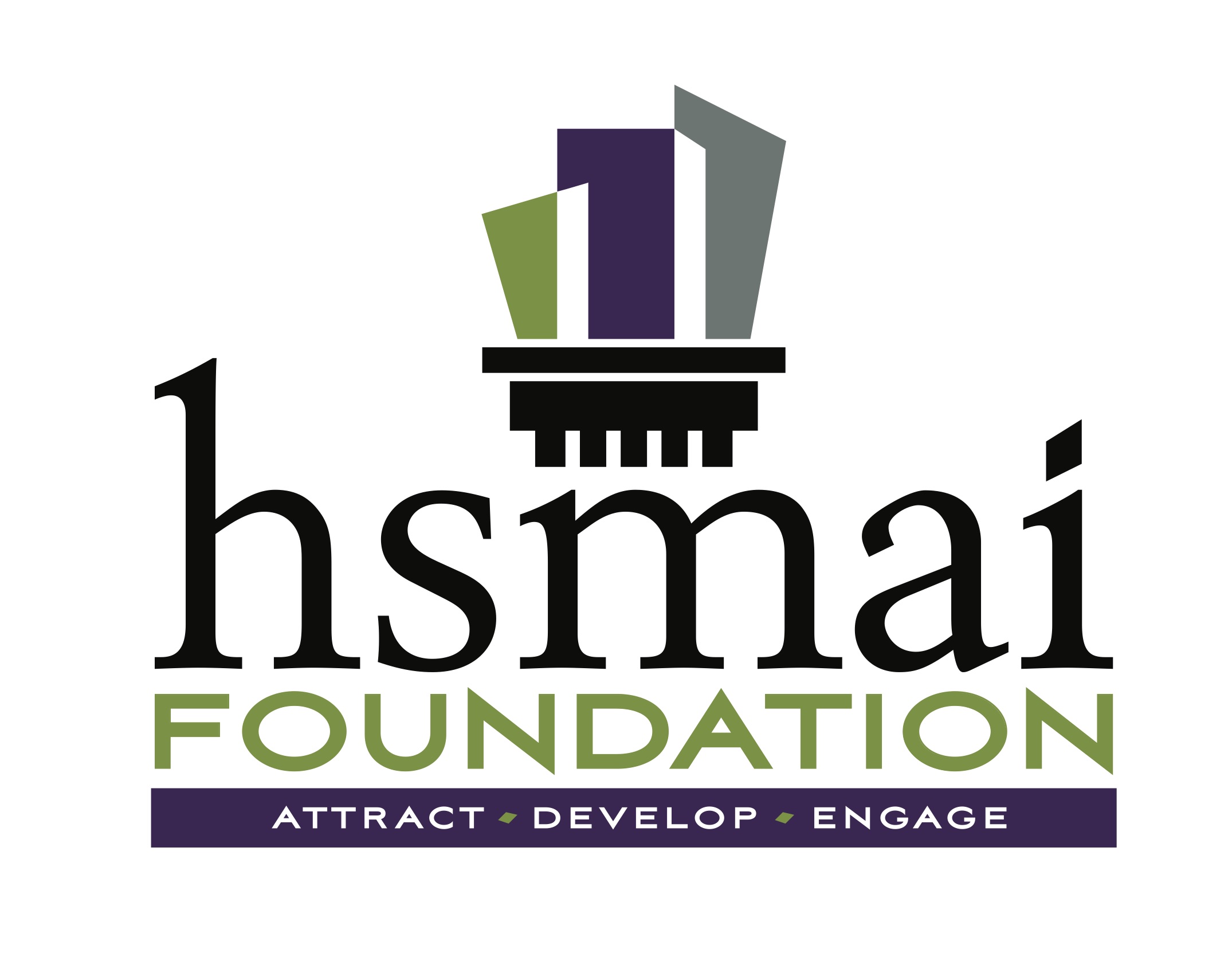By Kaitlin Dunn, Writer, Hospitality Sales & Marketing Association International (HSMAI)
 The HSMAI Foundation and HSMAI Americas hosted a virtual Executive Roundtable on Oct. 15 for hotel chief human resources officers across North America to discuss the best practices they have found after nearly eight months in the world of COVID-19. J. Bruce Tracey, Ph.D., editor of Cornell Hospitality Quarterly, professor of management at Cornell University’s School of Hotel Administration, and member of the HSMAI Foundation Board of Trustees, facilitated the discussion. HSMAI Americas hosted a previous roundtable June 14, while HSMAI Asia Pacific hosted one on Aug. 19 and HSMAI Europe hosted one on Sept. 16.
The HSMAI Foundation and HSMAI Americas hosted a virtual Executive Roundtable on Oct. 15 for hotel chief human resources officers across North America to discuss the best practices they have found after nearly eight months in the world of COVID-19. J. Bruce Tracey, Ph.D., editor of Cornell Hospitality Quarterly, professor of management at Cornell University’s School of Hotel Administration, and member of the HSMAI Foundation Board of Trustees, facilitated the discussion. HSMAI Americas hosted a previous roundtable June 14, while HSMAI Asia Pacific hosted one on Aug. 19 and HSMAI Europe hosted one on Sept. 16.
Participants shared their lessons learned and best practices, many revolving around employee retention, communication, and innovation.
EMPLOYEE RETENTION
One concern among roundtable participants is keeping talents in the hospitality industry, as many are leaving for industries that seem more stable or offer different benefits. One participant suggested that talents may end up dictating the continuation of remote work beyond the pandemic — or hospitality may lose them. “People are looking to fill jobs,” the participant said, “and that leaves us to compete with industries like pharmaceuticals that have transferable skills and are starting to advertise that you can work anywhere. We’re spending a lot of time figuring out how we move forward.”
Another participant said that focusing more on employee recognition and engagement helps talents feel like they belong at the company and goes a long way in retaining them. “We want to make sure they know we appreciate them,” the participant said. “Not being able to go to the properties has been difficult, so we have to find different ways to communicate with employees.”
The participant suggested making more frequent Zoom meetings with and phone calls to associates and writing notes on their paychecks as ways to communicate your appreciation. “I think that will go a long way toward retention and keeping folks with us,” the participant said.
“Employees are always going to remember how you made them feel,” another participant said. “Even if we laid off employees, we did it in a way that didn’t leave a bad taste in their mouth, and they still feel loyalty to the company.”
Another participant’s company has created an easily accessible fund for employees who are on leave. “I felt that sent a significant message to our active team members that we are in alignment with our values,” the participant said. “It’s about reaching out to our team members in times of need.”
COMMUNICATION
Companies had to drastically shift gears on their employee communication strategies when the majority of the workforce went remote this spring. Roundtable participants said that the ways they communicate with employees virtually continue to evolve. “It’s really challenged the mindset of the hospitality industry about needing to be together,” one participant said.
Another participant said that her company is mixing up its communications by partnering people from different teams to have lunch together via Zoom. “They get to talk humanly about what’s going on,” the participant said. “We’ve found it very useful to connect people, because that was something that folks were missing from our regular day-to-day work.”
One participant said that his company created a series of sessions for general managers, corporate leaders, and sales and marketing employees to interact with each other, express how they’re feeling, and share what’s on their minds. “It’s really raising to the forefront challenges that they are sitting on right now,” the participant said.
Another participant said that while communication may be strong at the corporate level, it’s still tricky at the property level. “On the hotel level, we’ve still got a lot to sort out,” the participant said. “It’s going to be really sticky for leaders in the future to tell employees they don’t have to be in the building every day when we still don’t know what that looks like. It’s forcing us to listen a lot to figure it out.”
INNOVATION
On the plus side, many creative and technological advances have arisen from the pandemic, roundtable participants said. “As we start to recover and come back as an industry, the use of technology to aid and support the business is going to accelerate,” one participant said. “But more so, I think our guests are going to expect that, and I think as an industry we were behind on that. We’re always going to be a people-centric business, but that doesn’t mean we can’t be open to doing things differently.”
Another participant said: “We’ve learned that we can do things faster than ever before. Necessity is the mother of invention, and we have been really able to get things done.”
The participant added that the shift to virtual has helped their company add value to its internal meetings and led employees to want to attend not just large virtual gatherings but even weekly sessions because they have more of a purpose. Being able to see people’s faces on camera is very important to connecting successfully virtually. “We’re leaning into the virtual platforms to be just as effective, if not more than in person,” the participant said. “We’re learning how to deliver workshops to bring people together and split them into breakout groups.”
Another participant said that their company is utilizing technology to virtually showcase its facilities, particularly meeting spaces. “I think using creative technology such as drones and having footage that shows the protocols and safety measures we’re taking helps get people more comfortable and confident,” the participant said. “I think steps like these are really going to help the industry continue forward.”
For additional information, insights, and tools, visit HSMAI’s Global Coronavirus Recovery Resources page.
